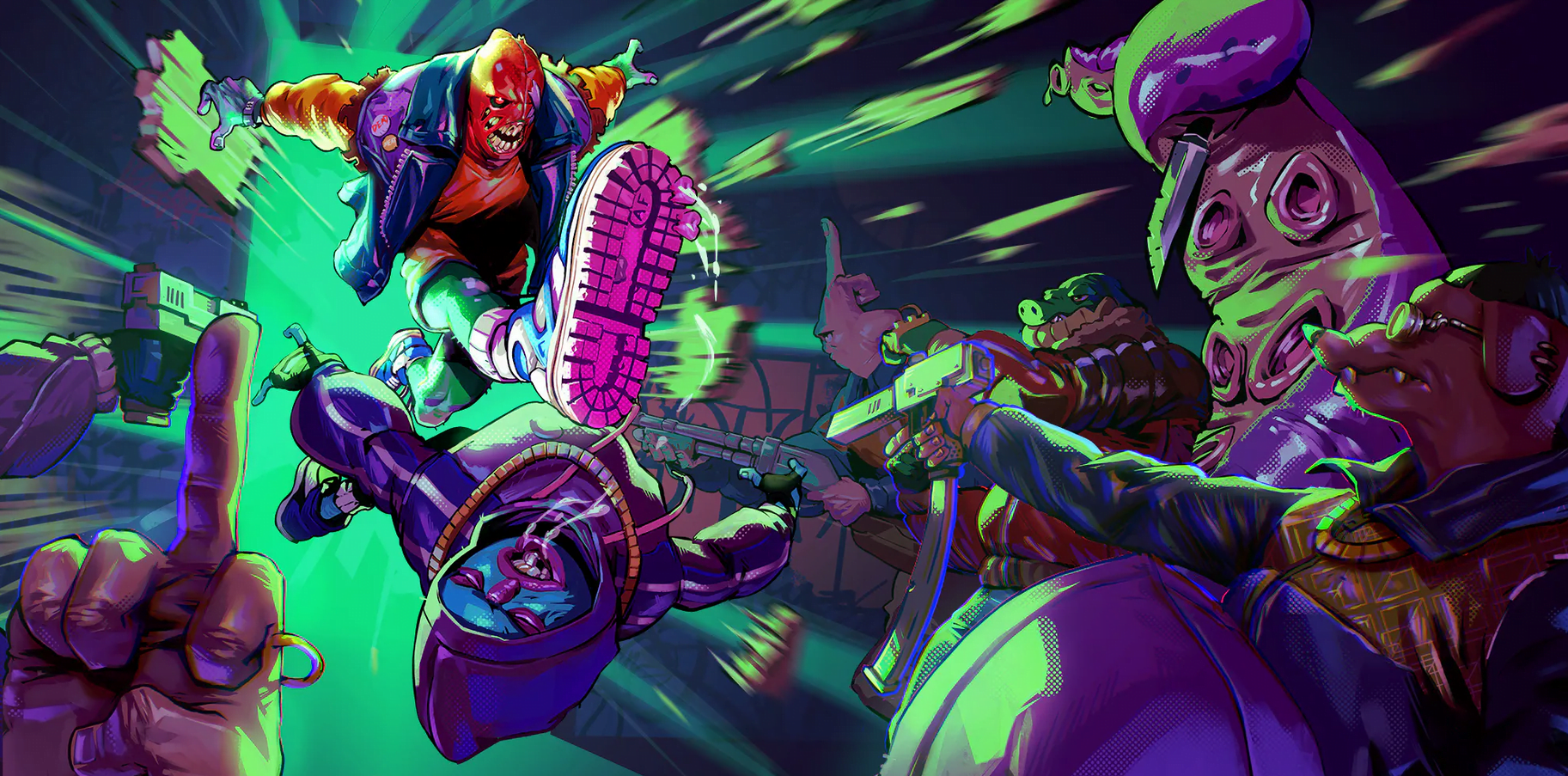MassiveHive Media’s Potion Permit is about as easygoing as a game about healthcare could be. As a member of the Medical Association, it’s your job to help folks of an isolated town find the cures for the many illnesses that plague them. But these problems are not so simple to solve due to the fact that the citizens of Moonbury are very distrustful of any outside help, especially one coming from the Capital, who years ago had a chemist lay waste to parts of the island Moonbury’s located in.
So it ends up falling to you to win the hearts of the populace and turns things around in town by doing what you do best. That is, beating the ever living crap out of the local wildlife, trees, plants, and rocks in order to gather the necessary ingredients to concoct potions, all the while fixing up run-down buildings as well as relationships not just between the townsfolk and yourself, but among them too.
That premise alone would be enough to classify Potion Permit as another one of “those” games. You know the ones: what people online would rank as indie, which in their tone means niche and doomed to grace any number of Humble Bundle-like super cheap collections of Steam keys after a few months. But there’s much more to it than that if you give it a chance.

For one, Potion Permit is absolutely gorgeous. It’s the first aspect of the game that’ll catch your eye. The pixel art in it is painfully pretty. Big, expressive and well animated character sprites that just pop from the screen, not to mention a bustling world to run around in. While they require emotion bubbles to convey what they’re trying to express besides text, they still manage to be expressive.
Then there’s the writing, which is lovely in its own turn. And it’s absolutely a vital part of Potion Permit as it’s a very, very talky game. So it’s fortunate that characters don’t drone out the usually happy-go-lucky lines, but instead, they usually have something meaningful to say. Unlike Harvest Moon or Rune Factory, few people take a liking to you right away, and only truly open up to you as you convince them to trust you by helping them out.
The basic gameplay in Potion Permit is, well, basic. You start off with three collection tools and you use them to chop trees, cut down vines and break rocks with, and the further you get in the game, the more you can upgrade them in order to be more efficient with your hits. So you start out having to button-mash a lot before any of the materials pop out of anything, and the same goes for the combat, which is also extremely simple.

Like last month’s Cult of the Lamb, the main draw of Potion Permit is everything surrounding its engagements with monsters and the gathering of materials. Making the titular potions requires materials, sure, but the way which you use them is what makes it clever. Every recipe requires a different shape to be fit with ingredients that work as puzzle pieces. So in order to cook up a batch of any concoction, you’re required to figure out how to fit different ingredients not just by their element, but also by how they connect among themselves.
The other part of the name of the game, the permits, also have a role in how the progression works in Potion Permit. The more residents you help cure, the bigger an impact you’ll have back home with the Medical Association, who in turn will recommend higher permit tiers given by Moonbury’s mayor, which in turn allow you to explore more of the island in search of a bigger and better variety of ingredients.
Cute mechanics go a long way into adding more to do than mindlessly hunting for X number of Y and Z ingredients and just throwing them into a pot and calling it a day. Other parts of Potion Permit also have you play minigames, such as when you’re examining patients at the clinic. After listening to their complaints, you’re given a crude human-shaped space that you hover your cursor over specific parts in order to perform a diagnosis via timed Hatsune Miku-ish button prompts. Why it works like this, I have no clue, but it beats pulling an answer out of your pixelated butt, right?

These interactions help make Potion Permit a bit more than an exploratory game you can play as a side activity unlike your usual farming RPG, but aren’t exactly enough to make it a full-fledged experience that requires your total attention, per se. In that regard, Potion Permit falls in among the sort of games that you keep chugging along as you tackle a range of other equally busy ones, none of which you are pushed into investing the entirety of your gaming time to.
That’s not to say that Potion Permit is bad in any way, quite the contrary. It’s exactly the sort of download you’ll want to keep in your Switch library as it’s something you’ll pop every now and then and chip in towards an eventual state where you’ve won over everyone in town with your sick rhythm game, er… chemist skills. Just don’t come into the game expecting to find anything particularly deep to sink your teeth into. For what it is, a distraction with loads of personality and charm, Potion Permit does its job extremely well.





